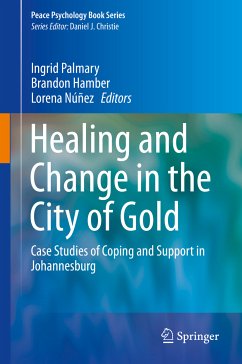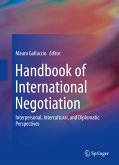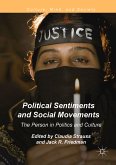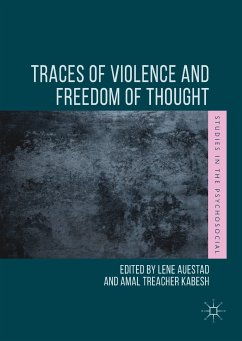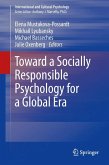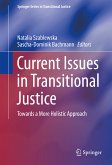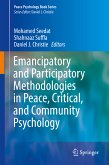Taking seriously how context shapes meaning the authors use participatory and ethnographic techniques to understand people's everyday responses to the violence, insecurity and possibilities for change that they face in contemporary Johannesburg. Read together, the case studies give us new insights into what it means to seek support, to cope and to heal, going beyond what mental health professionals traditionally consider support mechanisms or interventions for those in distress. They develop a notion of healing that sees it as a process and an outcome that is rooted in the world-view of those who live in the city.
Throughout the chapters in this book is a sense of everyday insecurity alongside an equally strong sense of optimism, care and a striving for change. It is perhaps not surprising, then, that this book deals very centrally with themes of the struggle for progress, mobility (geographic, material and spiritual), and the sense of possibility and change associated with the City of Gold. Ultimately, the volume demonstrates that coping and healing are both a collective and individual achievement, as well as a economic, psychological, spiritual and material phenomenon shaped by context.
Dieser Download kann aus rechtlichen Gründen nur mit Rechnungsadresse in A, B, BG, CY, CZ, D, DK, EW, E, FIN, F, GR, HR, H, IRL, I, LT, L, LR, M, NL, PL, P, R, S, SLO, SK ausgeliefert werden.

